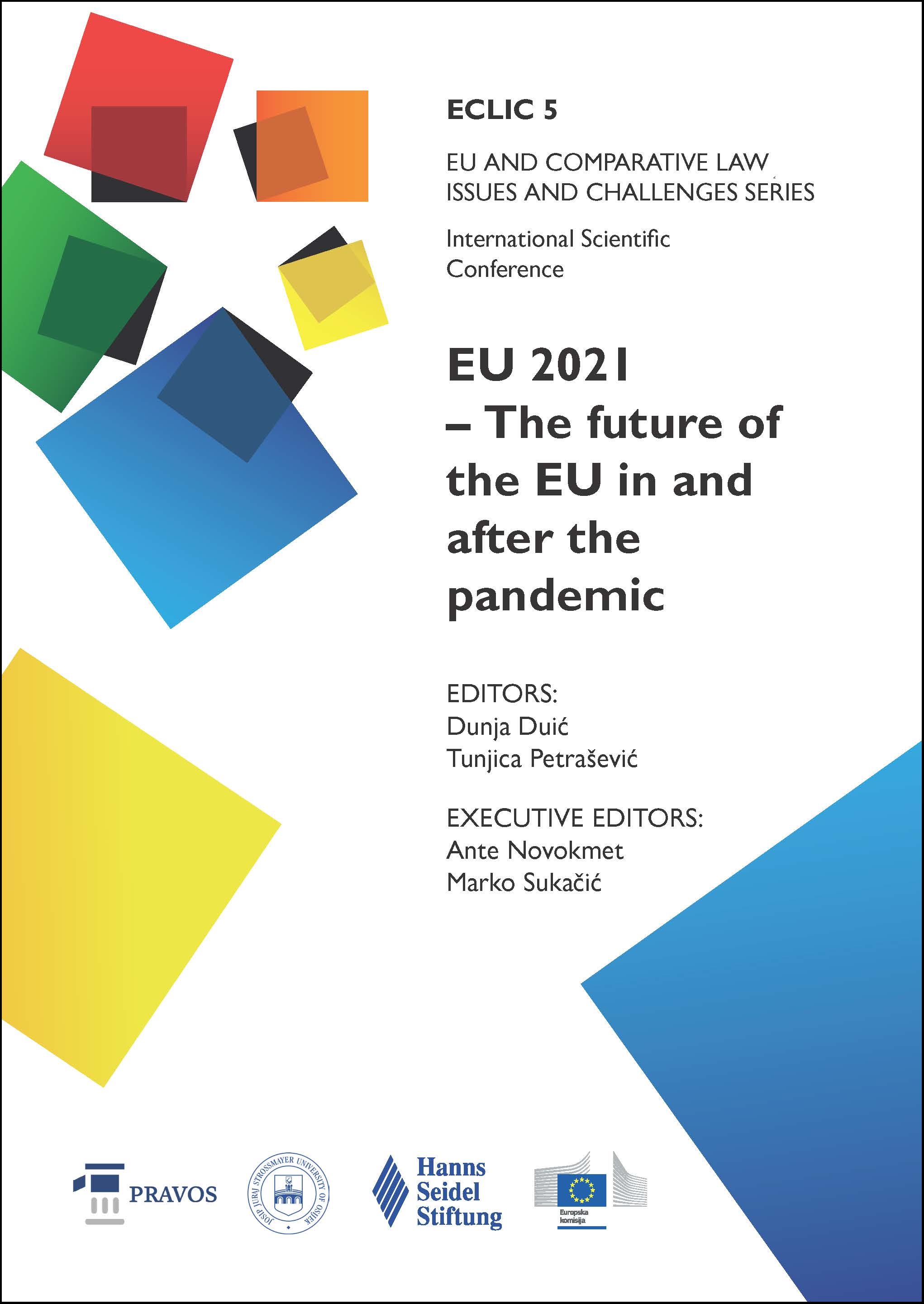DETENTION OF ASYLUM SEEKERS THROUGH THE PRACTICE OF THE COURT OF JUSTICE OF THE EUROPEAN UNION ON THE EXAMPLE OF THE REPUBLIC OF HUNGARY AND THE PERSPECTIVES OF THE NEW PACT ON MIGRATION AND ASYLUM
DOI:
https://doi.org/10.25234/eclic/18301Abstract
Restrictions on freedom of movement, in particular the detention of asylum seekers as the most severe form of such restrictions, constitute an interference with fundamental human rights and must be approached with particular care. In view of the migration and refugee crisis, the Republic of Hungary has begun to amend its asylum legislation, thus tightening the conditions for the detention of asylum seekers. The introduction of the provision establishing that asylum may be sought only in transit zones has also led to the gradual detention of asylum seekers in transit zones, which Hungary did not consider as detention. This issue was brought before the Court of Justice of the European Union (hereinafter: CJEU), which drastically changed the path taken by the Hungarian government when it comes to detaining asylum seekers. What the CJEU has found is that leaving people in transit zones without the right to free movement is to be considered detention, even though they are not specialized detention facilities. The CJEU ordered that such a practice must cease immediately. Therefore, this paper will examine the Hungarian practice following the judgment of the CJEU. The CJEU has taken a major step towards protecting the rights of asylum seekers as regards detention, and the EU recently adopted amendments as part of the new Pact on Migration and Asylum aimed at improving the existing asylum system. The second part of the paper analyzes the provisions of the new Pact on Migration and Asylum related to detention in order to determine whether the proposed amendments contribute to the Common European Asylum System and the protection of the human rights of asylum seekers or represent a step backwards.
Downloads
Published
How to Cite
Issue
Section
License
Copyright (c) 2021 Marina Čepo

This work is licensed under a Creative Commons Attribution-NonCommercial 4.0 International License.
Authors retain the copyright on the papers published in the Journal, but grant the right of first publication to the Journal. Papers accepted for publication or already published in ECLIC of the Faculty of Law in Osijek may be published by the author(s) in other publications only with proper notice of its previous publication in ECLIC.


